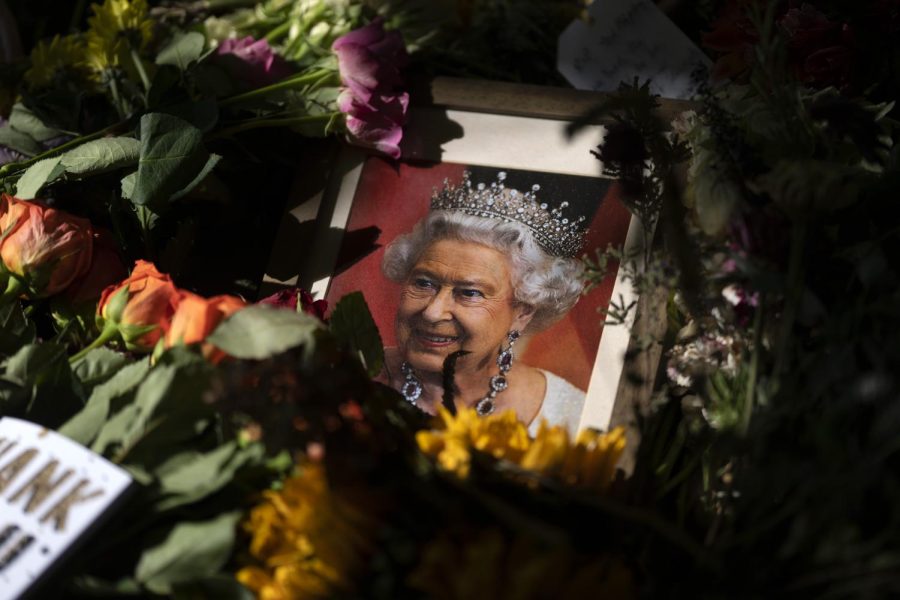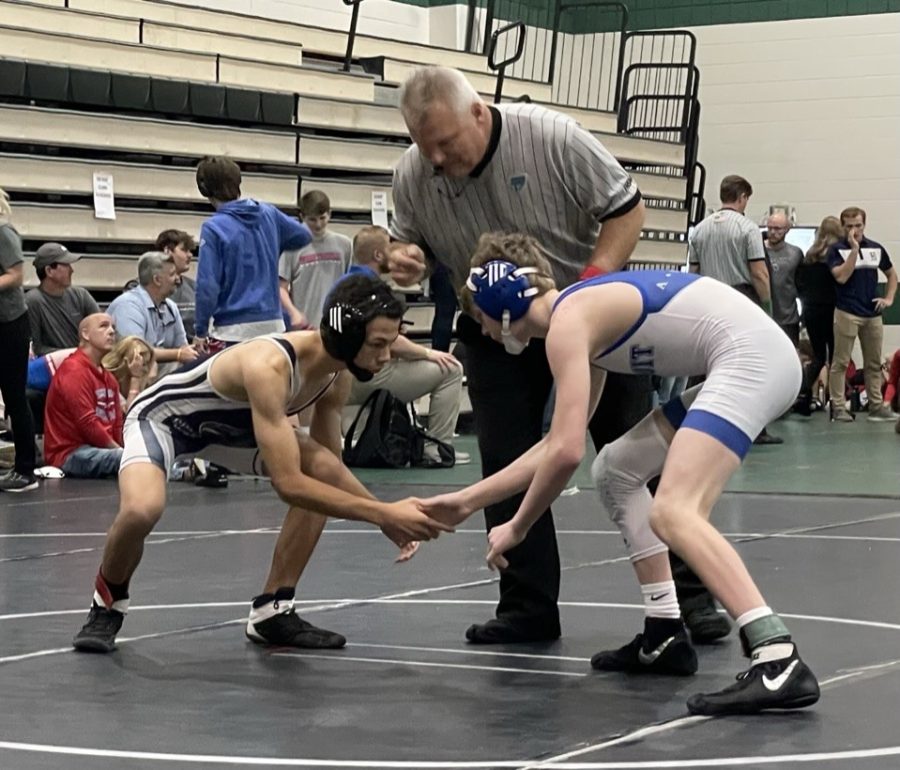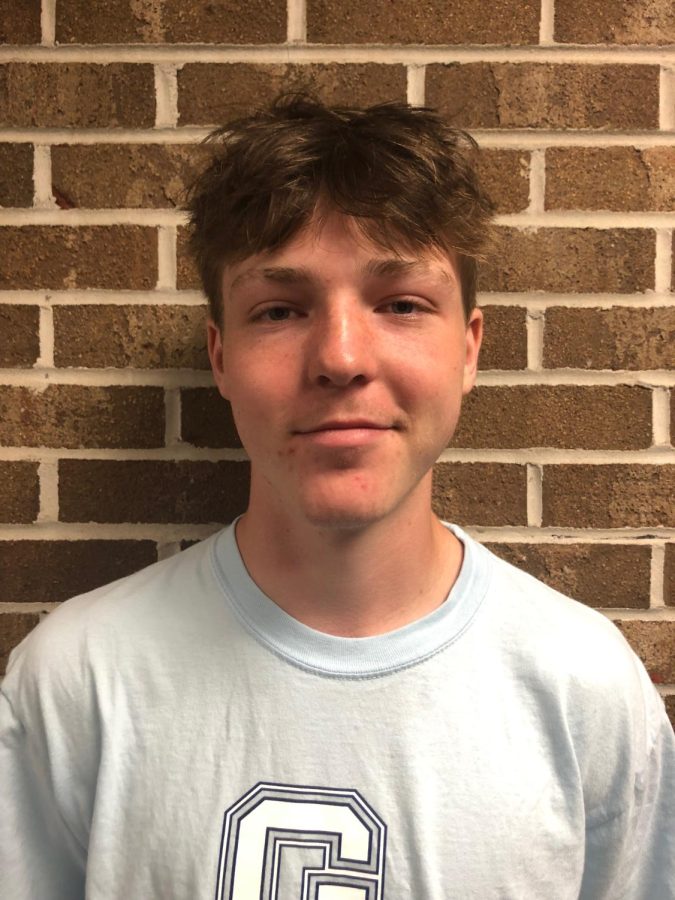Soul, not statistics
September 6, 2019
WYATT SISE
OPINION EDITOR
On December 10th, 2018, my father’s dear friend from flight school became a statistic. His brain addled with PTSD from multiple deployments to Afghanistan and Iran, he donned his full Marine Corps Colonel uniform, sat on a stack of his medical records in the parking lot of the local VA, and took his own life with a rifle, becoming one of the 22 veterans who commit suicide each and every day.
In the tragic aftermath of such events, we are confronted with a brutal reality: Our nation’s veterans are facing an unprecedented mental health crisis. Our veteran treatment facilities are failing, and our society seems not to care. According to a 2014 study published by the Journal of the American Medical Association, nearly 1 in 4 active duty service-members exhibit signs of a mental health condition, and the rate of post traumatic stress disorder in the military is roughly 15 times higher than that of the general population. The Veterans Administration, founded with the goal to care for those who’ve served, has continued to fail in that quest. Wait times at VA facilities continue to rise, with some veterans waiting months or even years for proper care. Forty veterans died waiting for care from the VA in Phoenix, Arizona in 2014. Combine these facts with the horror-stories of frivolous spending by VA leaders, and our society’s veterans are left with a bloated, inefficient, and downright untrustworthy system of care.
This mental health crisis among our veterans is an issue that informed citizens bear the responsibility to solve. Historically, community groups have led charges to connect veterans and reintegrate them into society, and these charges have worked wonders. Legislation backed by citizen organizations has allowed for veterans to pursue higher education, afford homes and retrain for civilian careers. We have proven our political might and social change-making ability throughout the years, so a coordinated effort to pass legislation that would allow diagnosed veterans to attain medical care at any mental health facility would be incredibly feasible and effective. I believe that we as a country have the technology to mitigate and prevent this mental health epidemic, but the change will only take place if we collectively demand a much better standard of care for our veterans.
We must advocate for the implementation of an individual veteran healthcare tracking system. If the VA fails like it has in the past, an individual veteran should be allowed to seek healthcare assistance at any facility in their area, and the VA should be required to incur the cost of that treatment. A final legislative push would come in the form of VA employee performance monitoring. When gross administrative failures occur, hospital administrators must be held accountable.
22 lost veterans a day equates to 8,030 lost veterans a year. That means that roughly every 7 years and 2 months, we lose, to suicide alone, an equivalent of the 58,220 servicemen that were lost in the Vietnam War. That number is utterly unacceptable, and until we rein in that problem, our other issues pale. We must treat those 22 per day as souls, not statistics. No veteran should feel unwelcome in a society that they fight so hard to keep free. All available assets must be dedicated to supporting those who struggle with mental illness, because when our service-members are willing to lay down their lives to protect us, we ought to be able to protect them too. It’s human decency, it’s compassion, and it’s the American way.



















